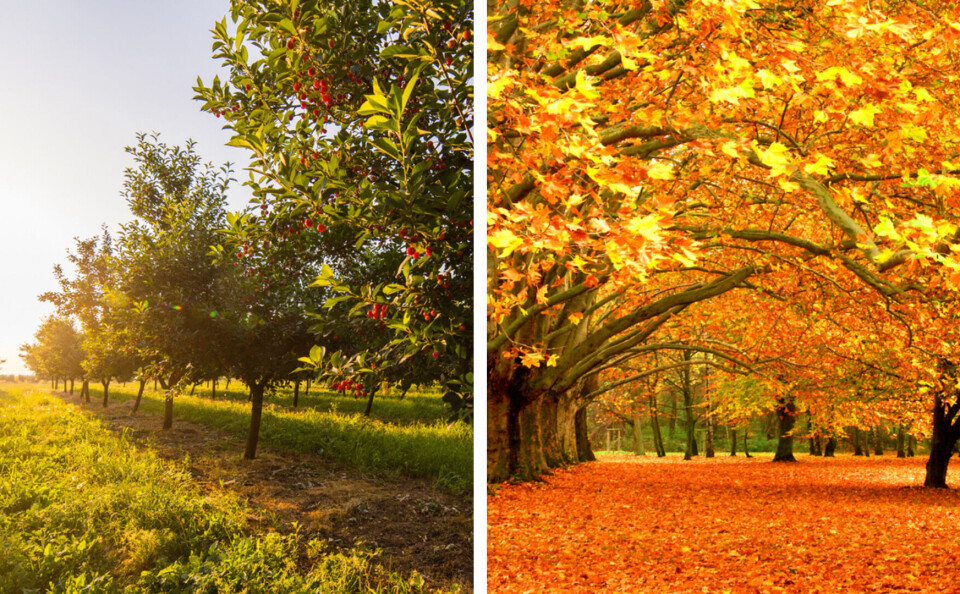-
Many Société Générale customers to be charged additional fees from April
There is some good news for international banking and instant transfers, however
-
Why gas prices in France are rising in April - and by how much
It comes after six consecutive monthly rises. Try these tips to reduce your bills
-
New notaire data suggests easing of Paris property crisis
Property experts have talked of ‘easing pressure’ and ‘breathing space’ after a four-year slump
Trees in France bloom like in spring as weather disrupts nature cycles
Ecosystems, already fragile from previous temperature anomalies, are not following seasonal patterns, impacting their survival

Prolonged warm weather, which has seen summer-like temperatures stretch into October, is wreaking havoc on France’s ecology.
Problems including birds foregoing their usual migration patterns and leaving France too late (or not at all), to some spring-flowering trees beginning to bloom months early.
The unseasonable weather is leaving ecosystems – which usually follow rigid seasonal patterns including a ‘dormant’ period in autumn – struggling to keep up with the changes.
“In short, ecosystems are getting tired,’ said Serge Zaka, a climate expert in recent interviews to national French media.
“Trees, forests and wetlands have been undergoing major disturbances for the past five years,” he added, explaining how this can cause effects stretching far beyond their own biomes.
Warm weather keeping trees ‘alive’
One of the most significant problems is the damage to tree life-cycles.
The heat is both causing some trees to remain green long after they should and causing others to bloom and flower in autumn instead of spring.
“Plants are genetically adapted, in every region of the globe, to certain seasonal rhythms. Today, these rhythms are being disrupted and plants are suffering as a result,” said Mr Zaka.
The abnormal weather patterns that cause trees to diverge from this natural path – including summer droughts and late spring frosts – “tire out” the plants, leaving them vulnerable and more likely to die.
Trees that should be lying dormant and shedding their leaves are instead remaining green, less prepared for sudden winter colds, and trees that need chilling periods to survive are not provided with enough cold weather and with it arriving too late.
The fact that this extremely warm late weather no longer seems to be an exception but the norm makes things all the more worrying for ecologists.
Early flowering diminishes future food supply
Aside from the potential long-term damage to France’s ecosystems – forests take “around 100 years to replenish… time we don’t have” said Mr Zaka – it also means less food on our tables.
Fruit trees which should not bloom until late spring – such as cherries – are already flowering in autumn, before the trees have had a required ‘chilling period’.
Apple trees, for example, need to spend up to 1,000 hours per year in temperatures below 9C to flower – time that is being whittled away by the warmer autumn and spring temperatures.
“Every flower today means one less fruit next year,” said Mr Zaka, and prices could be driven higher by the relative scarcity next year.
In the long-term, entire species will no longer flower where they traditionally do now, with fruits such as apricots and peaches growing further and further north.
In their place we will “see more and more species normally found in southern Europe, such as medlar and fig trees growing in Toulouse and Lyon,” said Mr Zaka.
This will uproot centuries-old traditions and techniques, and eventually push some species out of France’s borders, or in some cases to potential extinction.
Read also
Why peanuts and pistachios are the future of French farming
Discover the aesthetic joys of a super ‘dry’ French Occitanie garden
























